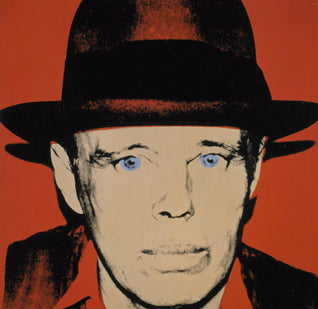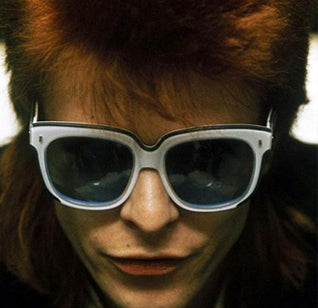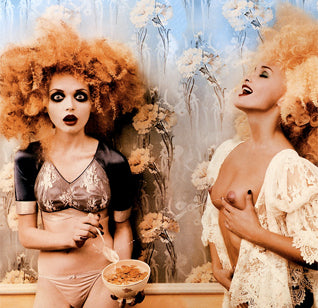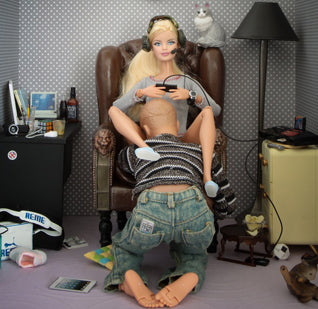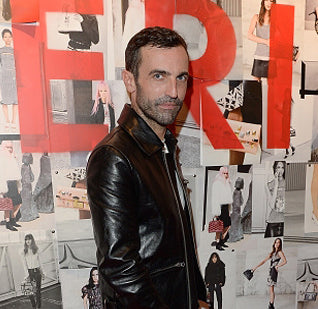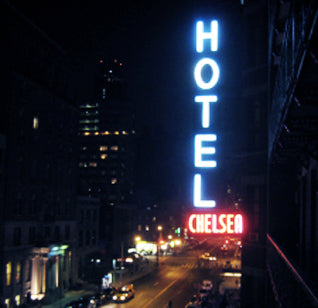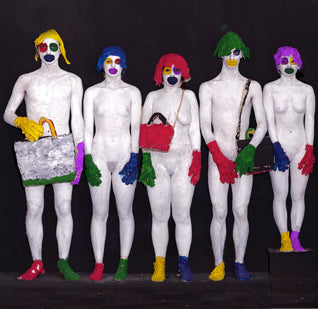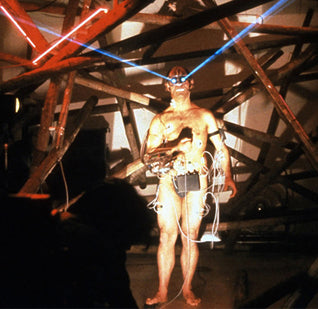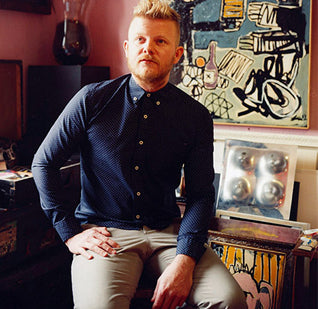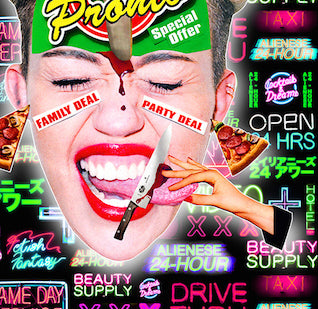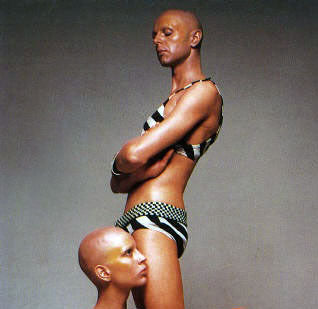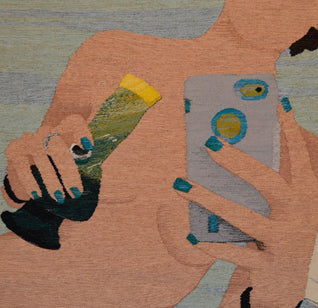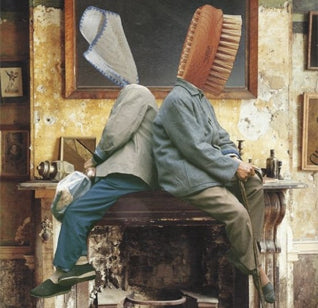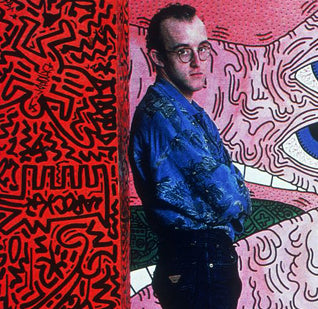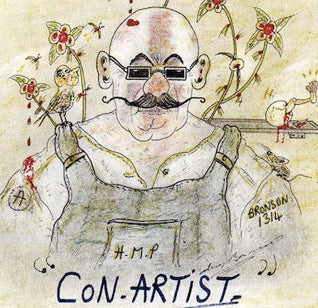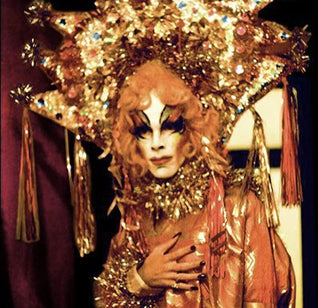GOOGLE AS TASTEMAKER
How the search engine is changing the role of the art critic
by Maria Raposo
Why would anyone want to be an art critic these days? Even the critics themselves are criticizing their own career choice. Jerry Saltz of New York Magazine declared that despite his efforts to “keep over-hyped careers in check”, the role of the critic is “diminishing” – and Google is starting to pick-up the slack.
Long gone are the days when the critics’ review was gospel. Saltz is one of few critics whose opinions still matter, but even he would admit he has nowhere near the critical clout that belonged to the likes of Clement Greenberg, a man synonymous with the idea of the all powerful critic.

So why are art critics now an endangered species? Saltz argues that there’s no longer space for the intelligent discussion of art in today’s world of international fairs and mega auctions. The closure of recession-hit galleries has resulted in a lack of diversity, resulting in fewer small-sized exhibitions, less discussion of the art and critics catering to an elite audience that is more concerned with how much it costs rather than ‘is it any good?'
But this situation is nothing new. The rich and privileged have long dominated discussions surrounding art, historically seeing themselves as the gatekeepers of culture and taste. And as long as there are wealthy people who want to broadcast how important their art collections are, there will be a role for the critic. But only for those critics who were, as Saltz puts it, “academically trained … [and] taught to believe they should write in impenetrable language” - to mystify art.
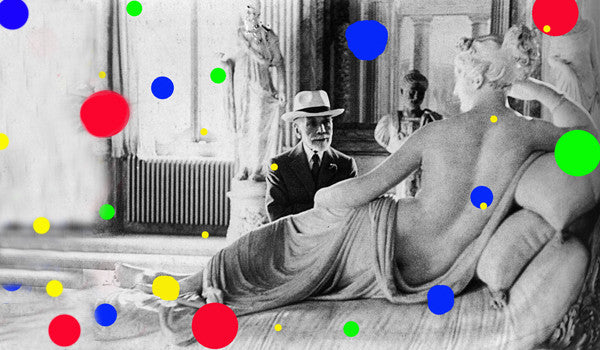
Any art student who has opened John Berger’s seminal text ‘Ways of Seeing’will tell you “art is mystified because a privileged minority is striving to invent a history which can retrospectively justify the role of the ruling classes.” Critics can play a vital role in reinforcing the status quo, keeping art the preserve of the wealthy, well-educated elite and alienating everyone else. So if nothing has changed, why are people listening to them less and less?
The answer is simple. In an interview with i-D Magazine, writer Will Self outlined dramatic changes to the modes of “cultural diffusion”, which means that defining “good taste” - finding a generally accepted consensus on what is the best in any particular field - is problematic.
Saltz admits, “there’s something democratizing about all this”.
In Tom Chatfield’s ‘How to Thrive in the Digital Age’, it used to be the case that to get an opinion on what’s a good piece of art, book, or record, one would go to a critic to select on your behalf, either on TV, in a newspaper or magazine. They were the authority on their subject, their opinion mattered and they were “attempt[ing] both to embody and educate public taste”, along with “gatekeepers of all kinds, from publishers, to editors and educators.”
However, in the digital age of blogs and social media, those gatekeepers are gone. Now anyone can be a critic and, as Chatfield points out, “when everyone is able to not only have their opinion, but to broadcast it, merely individual claims of expertise can start looking flimsy.” Saltz admits, “there’s something democratizing about all this” but it also opens up the door to amateurism and self-promotion.
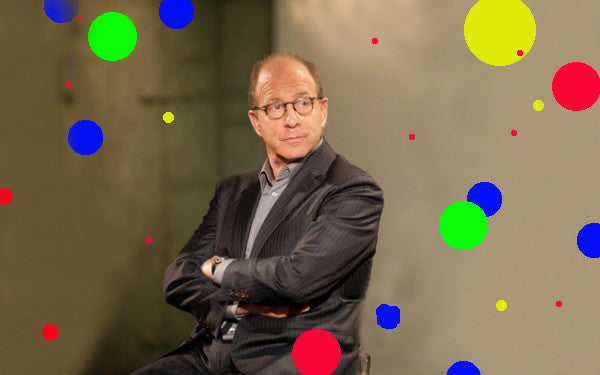
In replacing expert filtering with mass access, the Internet is given over to passive majority, drowning out exceptional voices and pandering to popular culture. In his book ‘The Cult of the Amateur’, Andrew Keen provides a damming indictment of the perils of Internet freedom.
But this has to be an extremely pessimistic viewpoint. There is an easy way of sifting through the voices of the mob to find the quality amongst the abundant quantity. The answer is so obvious it almost feels stupid pointing it out: Google. But it’s precisely because the search engine has become so much a part of our daily lives that we forget the amazingly bright idea behind it and find it baffling that before Sergei Brin and Larry Page, no-one else had thought of a good way to tame the astronomical amount of data that makes up the Web.
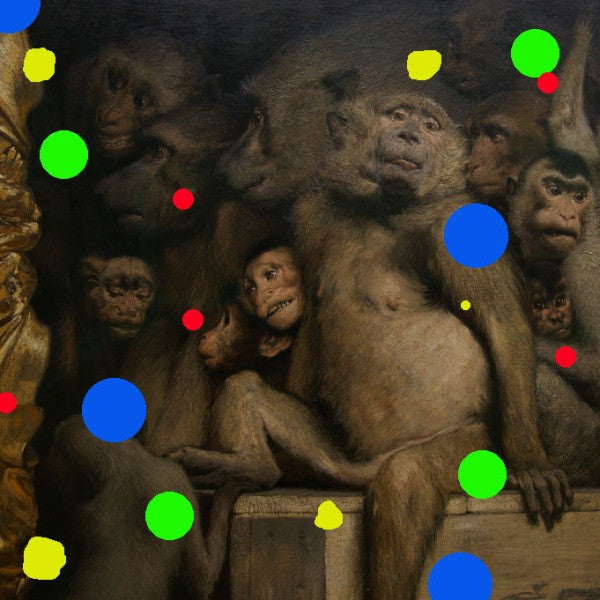
Google ranks pages depending on how many other pages link to it, how many visitors it receives and the frequency it is updated. This is all done by a complex algorithm that can analyze data from billions of sites in the blink of an eye.
This complex algorithm means that the online democracy becomes a meritocracy; if something is good, it gets passed on over and over again. Quality should still rise to the top, with opinions like that of Saltz still being heard. But the real critic is no longer the one with notebook and icy barbs in hand… it is the algorithm – a critic not concerned with maintaining the mystification of art or propping up the status quo of the art world, a critic concerned with empirical data which allows not just for everyone’s voices to be heard but for those that really matter to rise to the top by the common consensus of clicks.








